Lebanese resistance fighters fully prepared for Israeli aggression, says Hezbollah officer
A Hezbollah officer says his comrades with the Lebanese resistance movement are fully prepared for any Israeli assault, and have been mobilized in two regions on the border between Lebanon and the 1948 Israeli-occupied territories, as well as the occupied Golan Heights and the Galilee region.
The officer, speaking on condition of anonymity, told Lebanon’s al-Mayadeen television news network in an interview aired on Friday that the mobilization of Hezbollah resistance fighters has operational purposes, emphasizing that the forces remain on high alert to face any Israeli act of aggression.
“The most outstanding achievement by Hezbollah was to draw a large number of Israeli forces from the internal and southern sectors of the occupied Palestinian lands to the northern front, which consequently eased the pressure on our brethren in the Gaza Strip,” he said.
The officer added that another major achievement was confusion of the occupying Tel Aviv regime, and avoidance of the conflict from spilling over the border.
He went on to hail operations carried out by Hezbollah fighters against Israeli reconnaissance and monitoring facilities on the border, referring to Jal al-Alam outpost and the al-Abad military site as the most strategic targets struck.
The officer highlighted that the operations commenced in the occupied Shebaa Farms, and expanded to include any area within a radius of 100 kilometers (62 miles).
“A large number of Israeli Merkava battle tanks were targeted with our guided missiles, and taken out of service. Hezbollah resistance fighters struck and seriously damaged many Israeli military sites near the border with Lebanon through missile and artillery strikes."
"The Israeli military consequently had to mobilize far away from its conventional facilities, and abandon some of them in order to avoid being hit,” he pointed out.
“Hezbollah fighters have launched salvoes of rockets toward the occupied Palestinian territories. They have managed to disable the Iron Dome anti-missile system in several instances, especially during the latest attacks on Kiryat Shmona town as well as Israeli military positions in the Golan Heights, Zaoura village, and Wadi al-Asal area in the Shebaa Farms,” the officer noted.
The remarks came on the same day that Israeli media outlets reported that Hezbollah forces had fired three guided missiles at Margaliot moshav, located along the border with Lebanon in the Upper Galilee.
Later on, the Lebanese resistance fighters targeted Israeli army positions in Burket Risha, Hadab al-Bustan and Ramim regions, inflicting damages at the sites.
Hezbollah announced in a separate statement that its fighters had targeted Israeli infantry troops in Shtula moshav in northern Israel, leaving casualties on the soldiers.
The Lebanese forces also launched an attack with the help of three armed aerial vehicles, inflicting losses on Israeli forces.
Israeli media reported that three soldiers were transferred to Rambam Hospital in Haifa to receive medical treatment, following the Hezbollah drone strike.
The Israeli military, in response to the missile and artillery attacks, struck a number of Hezbollah positions in southern Lebanon.
Seven Hezbollah members were reportedly killed in the attacks, taking the total death toll of the Lebanese fighters to 78 since the cross-border clashes began in early October.
Hezbollah has warned that it will join the Palestinian resistance group Hamas and its allies in the fight against Israel if the regime escalates its aggression on Gaza and in case foreign military forces intervene to help the Israeli regime in the battle.
Hezbollah’s Secretary General Sayyed Hassan Nasrallah said on November 2 that the Lebanese resistance movement entered the battle against Israel on October 8, a day after Gaza-based Palestinian resistance movements launched their surprise attack, Operation al-Aqsa Storm, against the regime.
Nasrallah said the daily exchange of fire with Israeli forces along the Lebanese border might seem modest but is of prime significance, calling the confrontations unprecedented since 1948.
VIDEO | 1st successful DCD transplantation from PTE multi-organ donor
Pro-Palestine wave sweeps Caribbean as many recognize Palestinian statehood
BBC’s new fabrication on Nika Shakarami’s death part of propaganda war against Iran
Iraqi media not allowed to use ‘Israel’ for Zionist regime: Official
Israeli airstrike on southern Lebanon village kills three civilians
VIDEO | Colombia: Novel and complex path
Rachel Corrie's dad 'proud' of her alma mater’s divestment from Israel
Assad: Crackdown on pro-Palestine protests exposes West’s state of panic


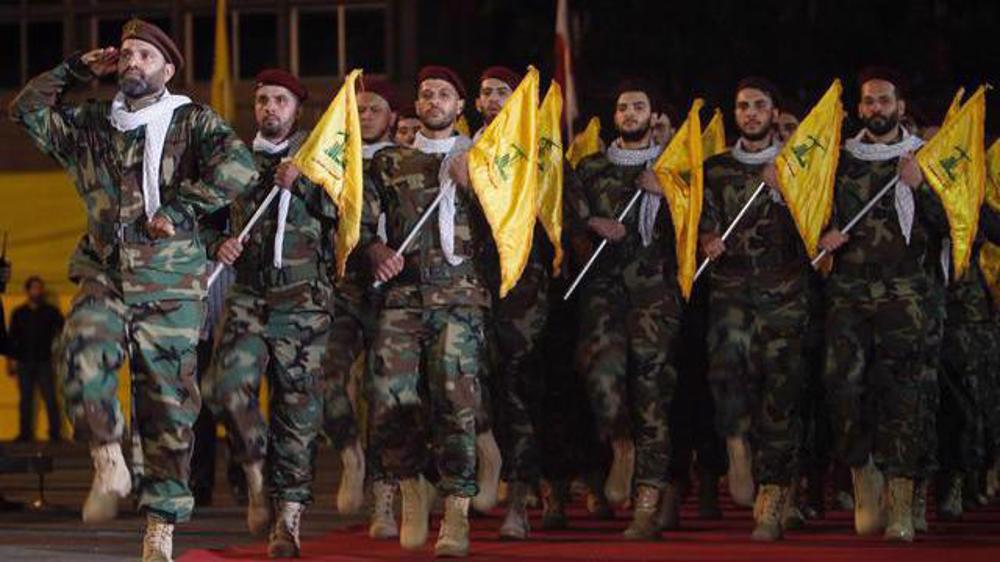
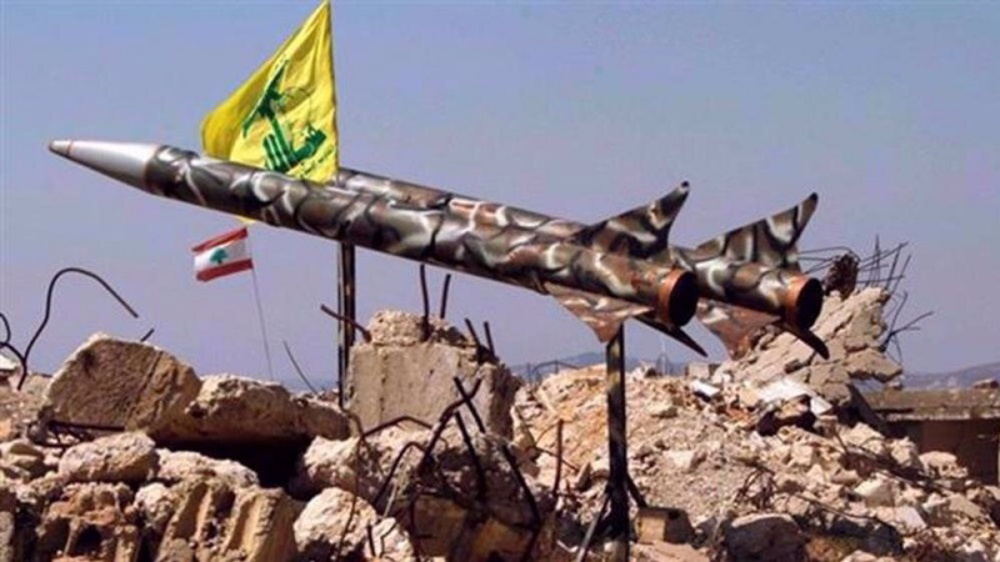
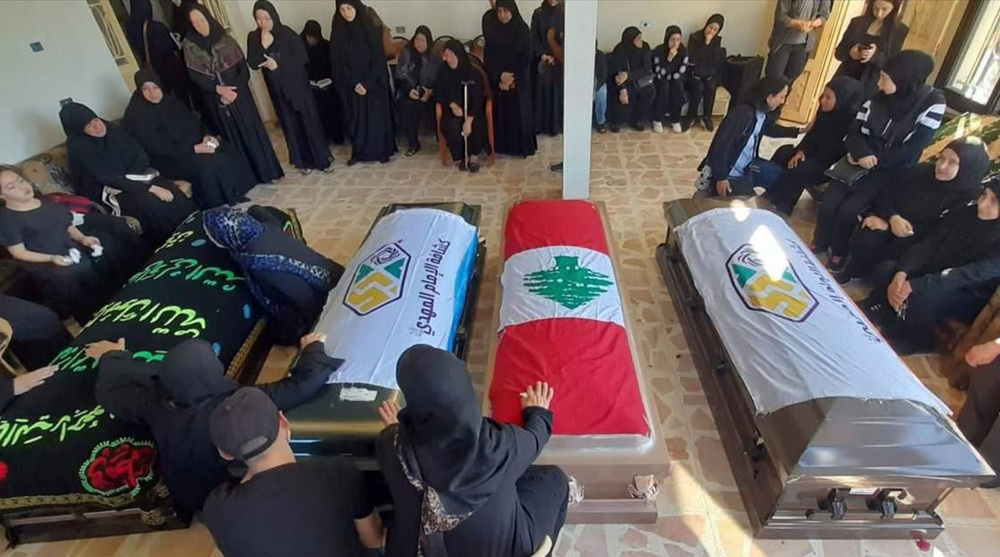
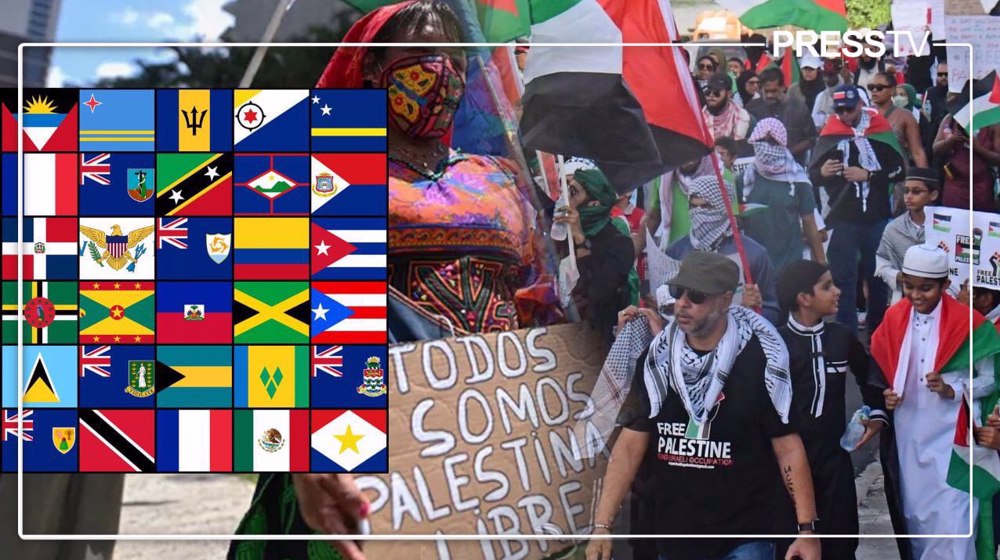
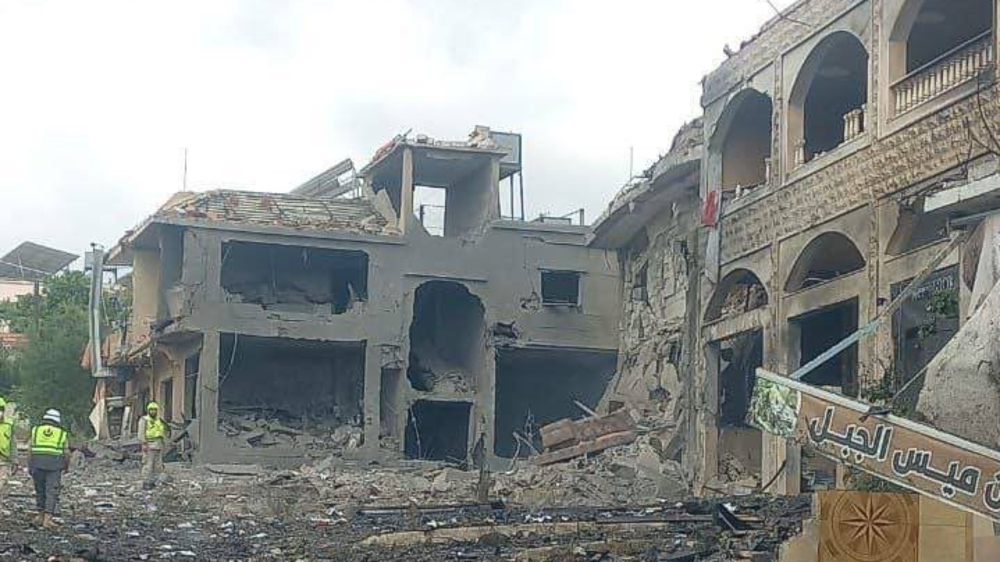
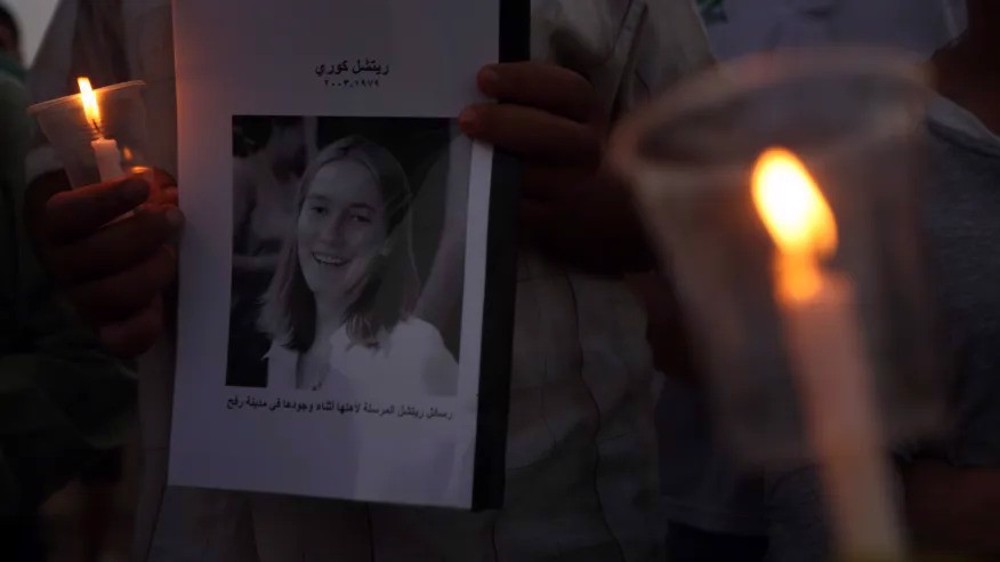



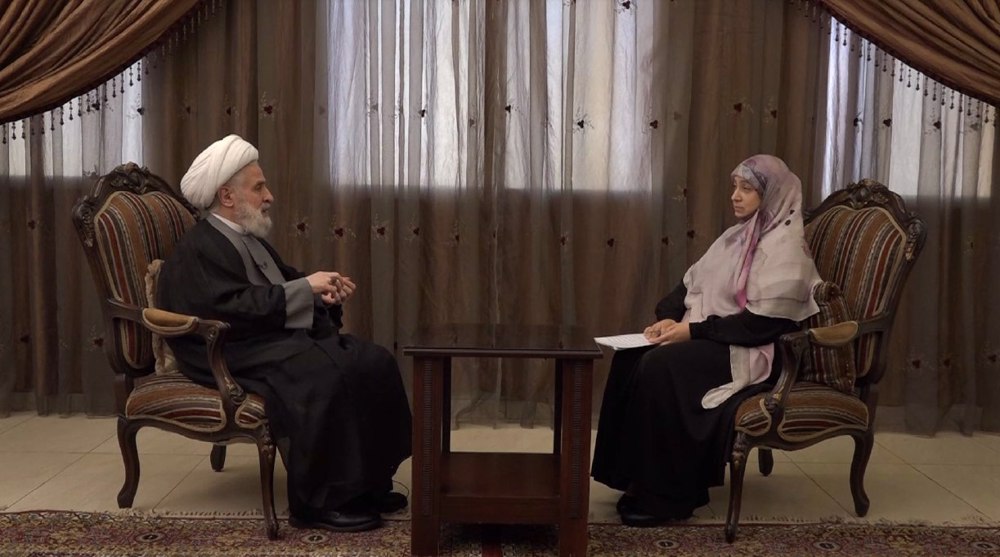
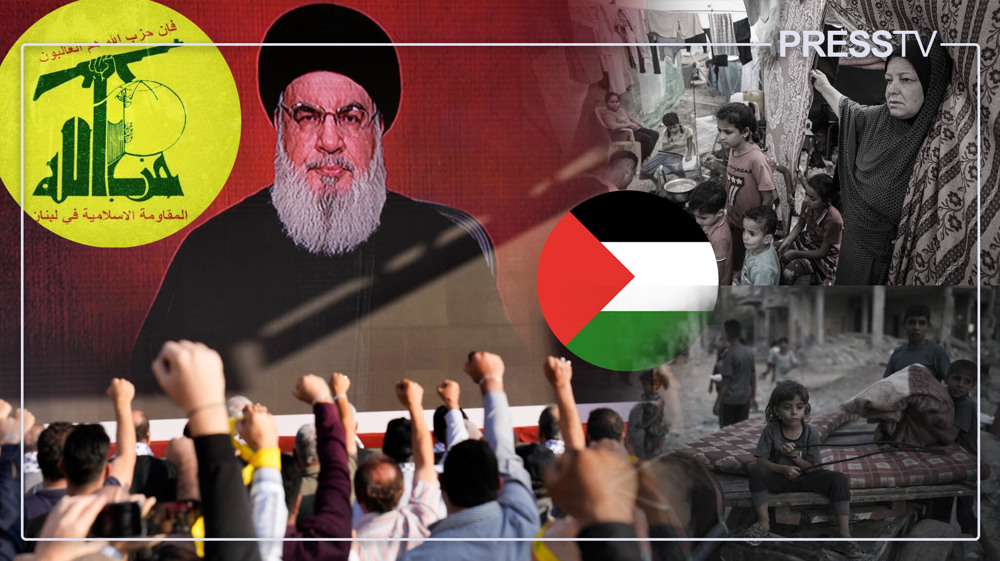
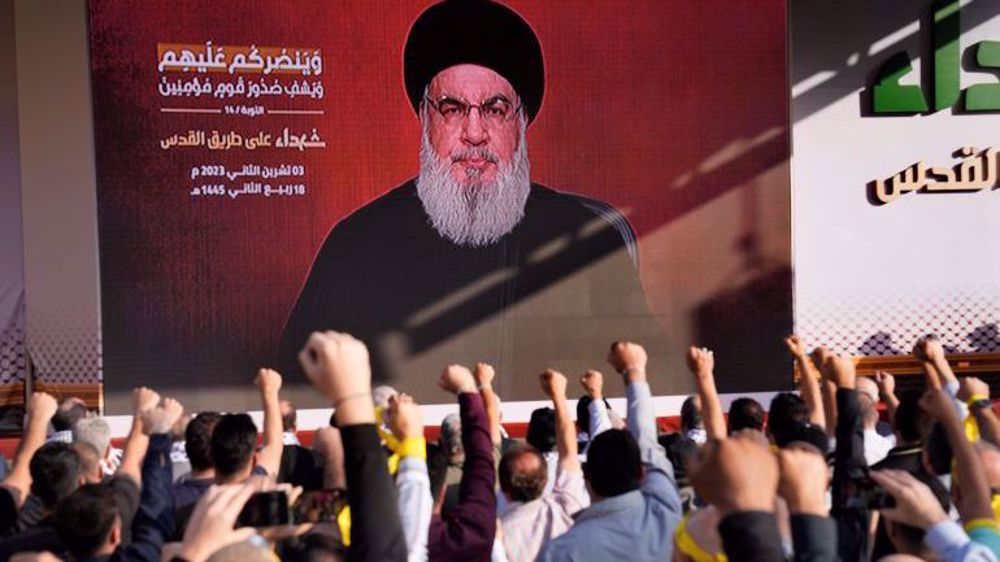
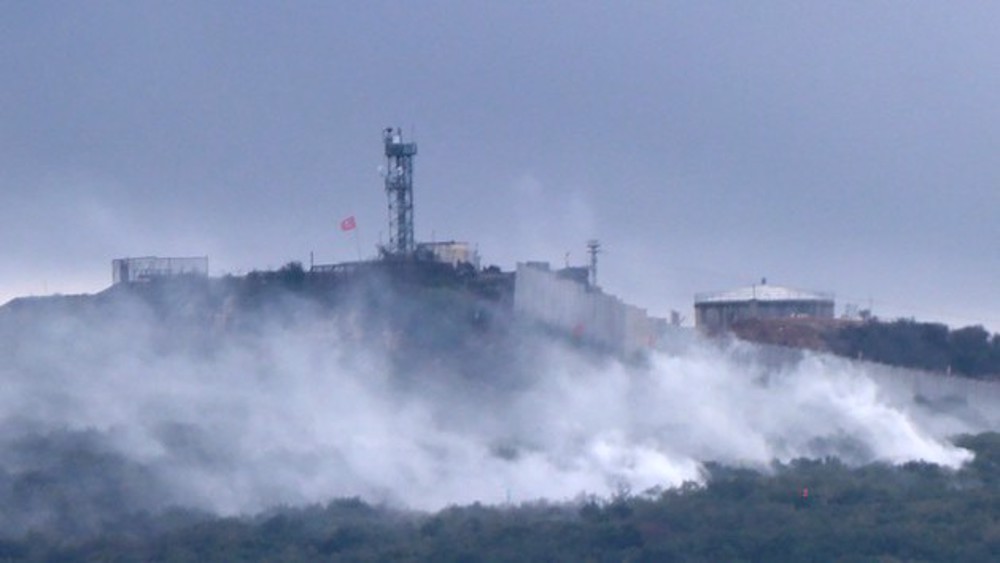
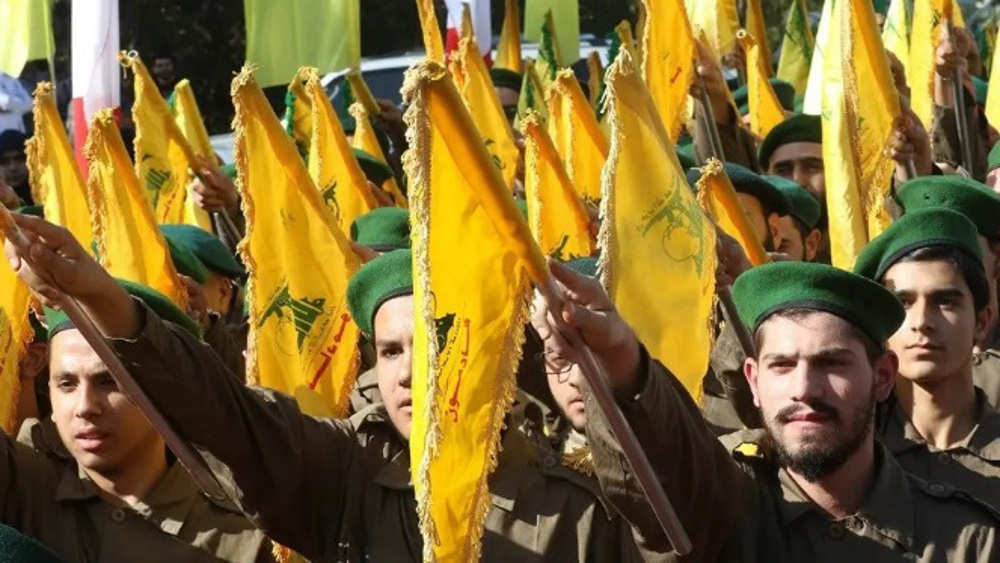
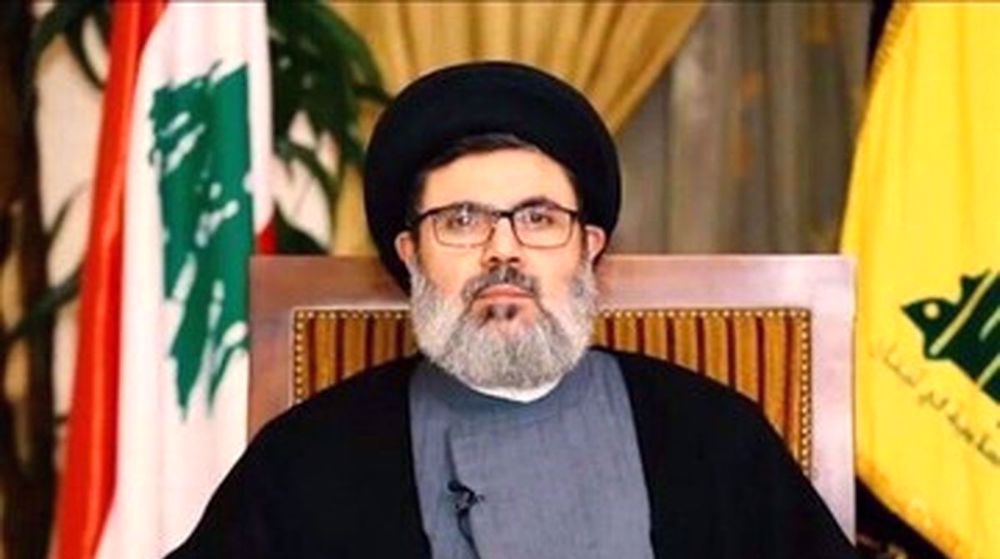
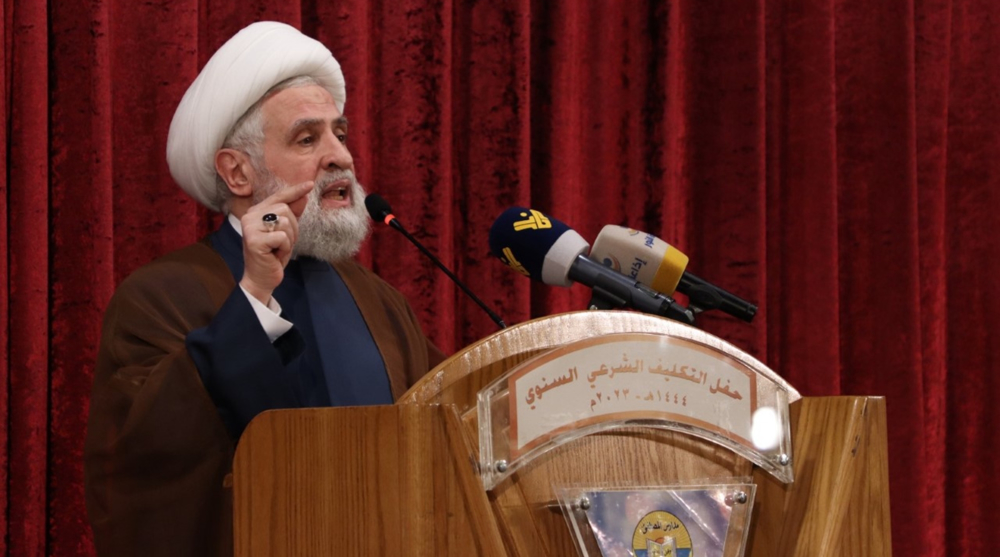


 This makes it easy to access the Press TV website
This makes it easy to access the Press TV website